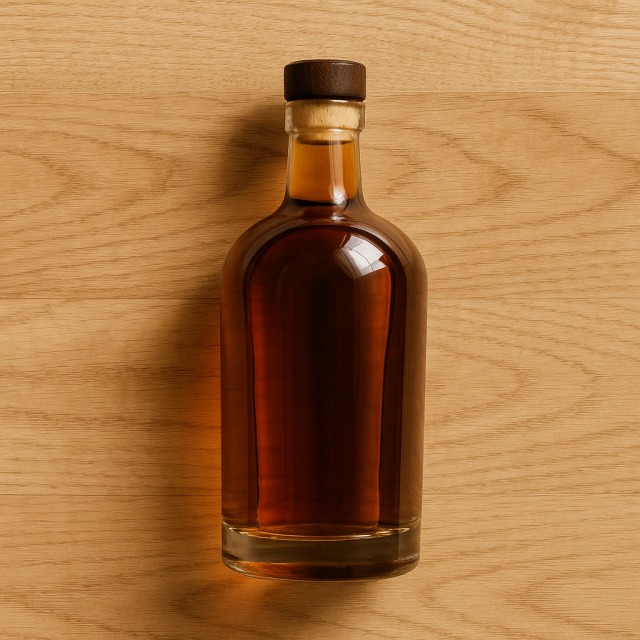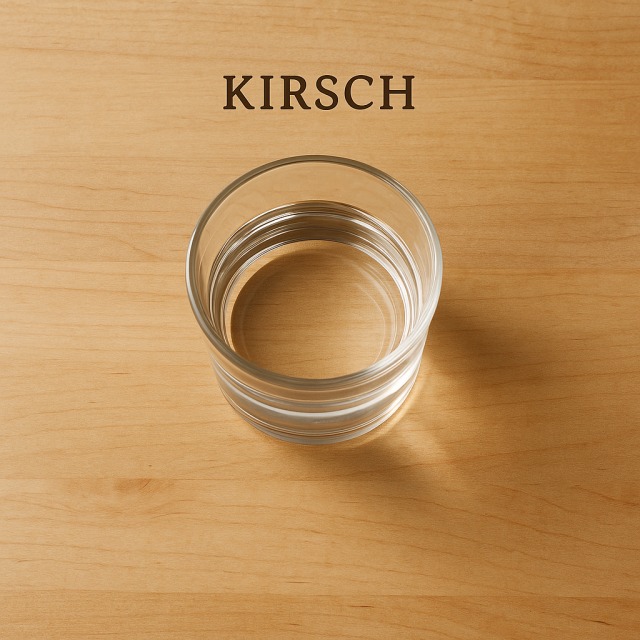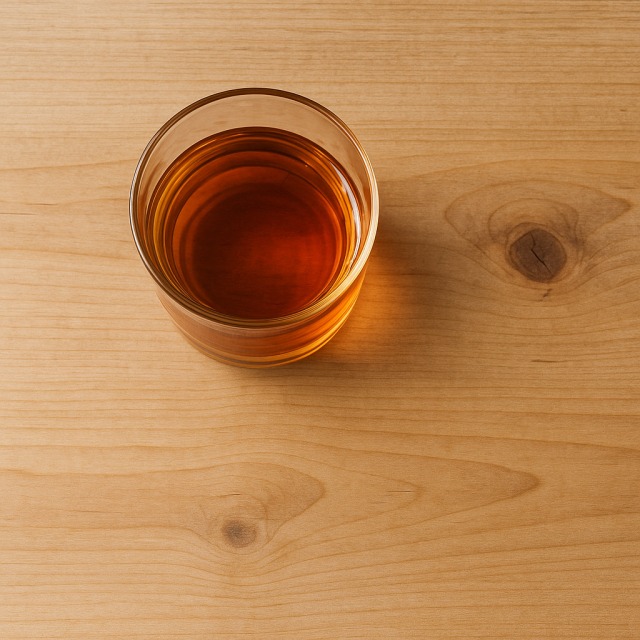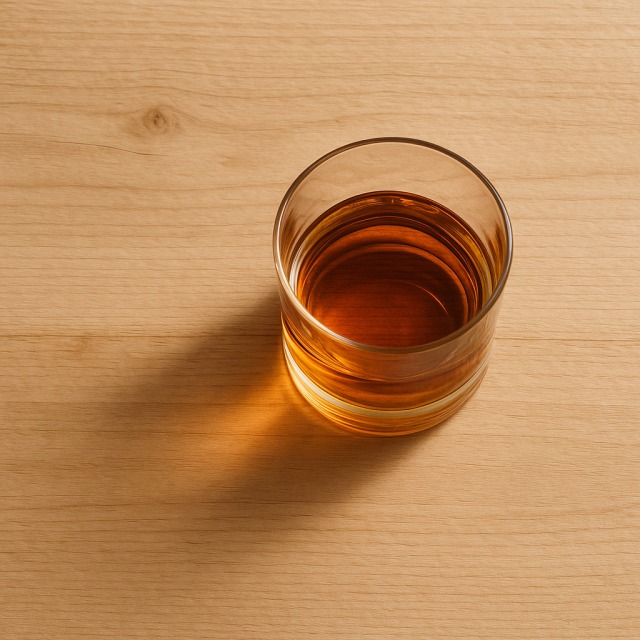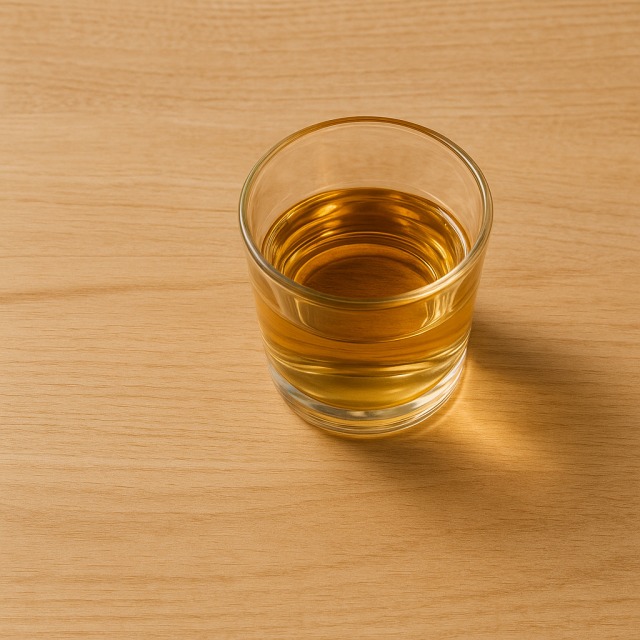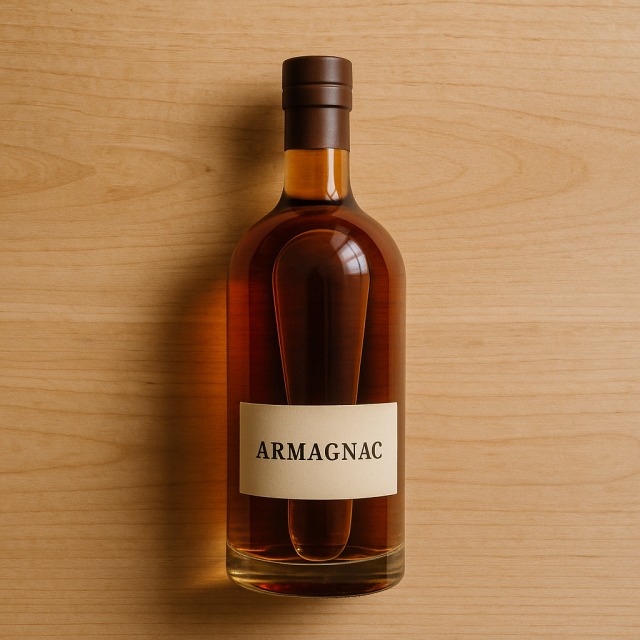Calorie Chart / Beverages / Vodka
How Many Calories Are in Vodka?
Calculation of the nutritional value & Recommended Dietary Intake of vodka
For ml and a calorie requirement of kcal
| Calories 90 kcal | Proteins 0 g | Lipids 0 g | Carbohydrates 0 g |
| 5% | 0% | 0% | 0% |
Health benefits of vodka

Vodka - 100ml
Calories 224 kcal
Proteins 0 g
Lipids 0 g
Carbohydrates 0 g
With around 224 calories per 100 g, vodka is considered a high-calorie spirit even though it supplies 0 g of protein, 0 g of lipids, and 0 g of carbohydrates. All its calories come from ethanol (≈7 calories per gram), which explains why a single 40 ml shot already delivers close to 90 calories.
From a micronutrient standpoint, vodka is virtually devoid of vitamins or minerals; traces of potassium or phosphorus may remain after distillation, but they are nutritionally negligible. Consequently, the drink provides calories without any substantial nutritional assets—what dietitians label "empty calories."
Supposed benefits sometimes mentioned include a mild vasodilating effect that may help blood circulation when consumption stays moderate, and the absence of sugar makes it compatible with low-carb or gluten-free diets. However, these advantages are outweighed if vodka calories accumulate in excess. Historically, the beverage originated in the 15th century between Russia and Poland; multiple charcoal filtrations were introduced later to obtain a neutral aroma, but these processes have no impact on calories.
Because it is colourless and neutral, vodka is often used to macerate herbs or fruits such as lemon zest, which can add flavour without significantly changing the calorie count—yet the final preparation will still contain the original vodka calories.
Tips for incorporating vodka into a balanced diet
When integrating vodka into a balanced diet, portion control is the first lever: limit yourself to a single 30–40 ml serving to keep calories in check. Opt for light cocktails such as a Bloody Mary made with chilled tomato juice, a squeeze of lemon, and celery salt; this combination adds volume, antioxidants, and fibre while diluting alcohol calories without extra sugar.
For aperitifs, serve a small glass of vodka well chilled alongside crudités—sticks of cucumber or carrot—instead of crisps. The vegetables provide crunch and micronutrients for virtually no additional calories, helping to offset the liquid calories in the glass.
Vodka also works as a quick marinade base: mix one tablespoon with dill, pepper, and a dash of sea salt, then brush over a slice of smoked salmon. A brief rest intensifies flavour without appreciably raising calories. In the same spirit, you can flame a sauce for chicken curry with rice; the alcohol evaporates, but the calories remain minimal because only a tablespoon is used.
Whatever the recipe, remember to count vodka calories in your daily total, compensate with extra vegetables, and hydrate with water between drinks to avoid unintentionally raising overall calories.
Frequently Asked Questions
- How many calories are in vodka?
- Vodka provides 224 kcal per 100 g.
- Do vodka calories contain any carbohydrates?
- No. Vodka delivers calories exclusively from alcohol; it contains 0 g of carbohydrates, protein, and lipids.
- What is the lowest-calorie way to drink vodka?
- Neat on ice or diluted with sparkling water adds no extra calories. Combining it with low-salt tomato juice can also keep calories moderate while adding nutrients.
- Does freezing vodka change its calories?
- No. Temperature alters texture, not the 224 kcal per 100 g. Frozen vodka still brings the same calories once consumed.
- Is flavoured vodka higher in calories?
- Commercial flavoured varieties may contain added sugar, raising calories by 10–40 kcal per 100 g. Always check the label.
- How do vodka calories compare with beer or red wine?
- Gram for gram, vodka is more calorie-dense: 224 kcal/100 g versus about 43 kcal for beer and 80 kcal for wine. However, typical serving sizes differ; a 250 ml beer can rival a 40 ml vodka shot in calories.
Similar foods
Alcohol consumption may be harmful to your health. Please drink responsibly. Do not drink and drive. Not recommended during pregnancy. Must be of legal drinking age.
Information provided by Calorie Menu may contain inaccuracies or errors. It cannot, under any circumstances, substitute medical advice or medication.
